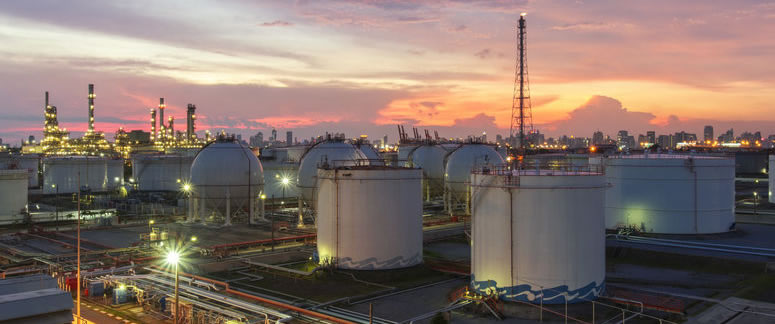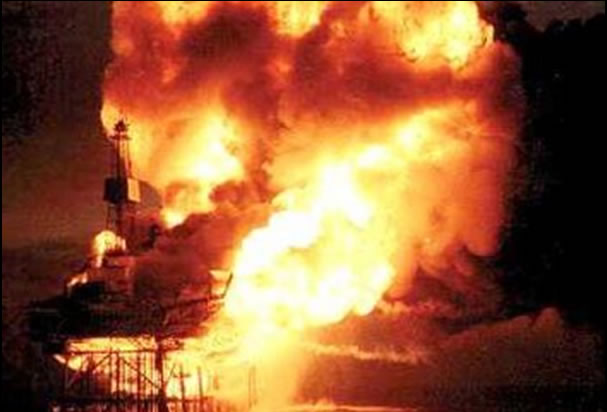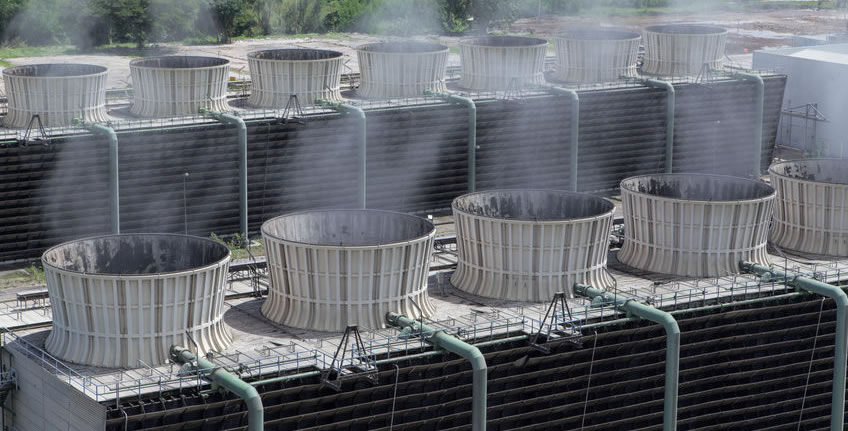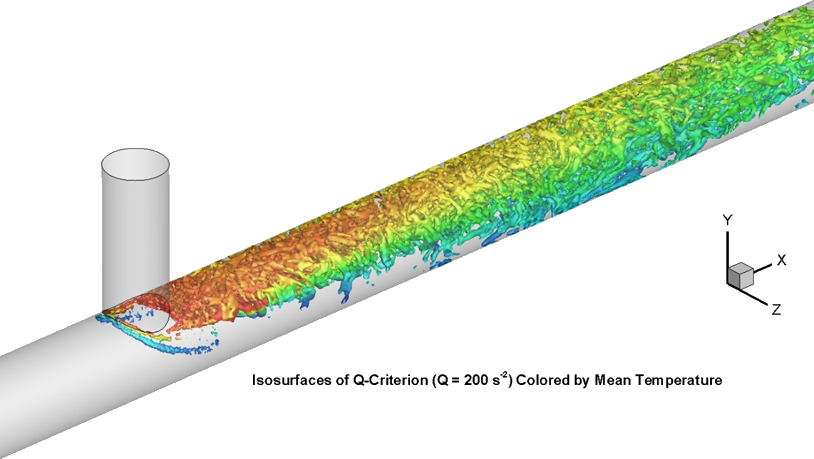Cooling Water Systems – 4 Good Reasons Why A Cold Eyes Review Could Be Essential
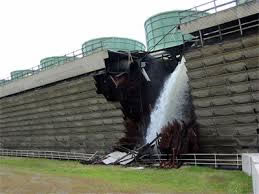
An independent (3rd party) assessment of your Cooling Water System by a Becht SME is highly recommended. There are several key Business Objectives that are addressed by this type of review.
1. Is There a Plan In Place To Insure Equipment Is Not On The Verge Of Catastrophic Failure?
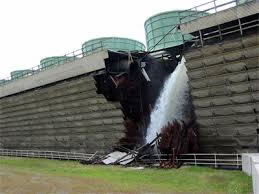 There are many documented instances of Cooling Towers collapsing from biological (fungal) attack on wood members or excessive weight due to ice, scale, or mud. Fiberglas towers have failed due to improper erection techniques. Frequent inspections are necessary to detect and avoid these conditions. Underground piping may corrode and cathodic protection systems may no longer provide adequate protection. Two common modes of failure on heat exchangers are pitting or stress corrosion cracking (SCC). In this last case, (failure by SCC), Becht worked with a client to retrofit the heat exchanger in place to insure that SCC would not re-occur.
There are many documented instances of Cooling Towers collapsing from biological (fungal) attack on wood members or excessive weight due to ice, scale, or mud. Fiberglas towers have failed due to improper erection techniques. Frequent inspections are necessary to detect and avoid these conditions. Underground piping may corrode and cathodic protection systems may no longer provide adequate protection. Two common modes of failure on heat exchangers are pitting or stress corrosion cracking (SCC). In this last case, (failure by SCC), Becht worked with a client to retrofit the heat exchanger in place to insure that SCC would not re-occur.
2. Have Business Practices Been Established To Define And Measure KPI’s?
Key performance indicators (KPI’s) should be established for each of the areas you are seeking to control with cooling water chemical treatment. Among these are: corrosion rates, acceptable temperatures in heat exchangers, control of suspended solids and fouling, and biological control of aerobic and anaerobic bacteria, algae, and fungi. In addition, expectations need to be defined for activities performed during a scheduled service visit by the water treatment chemical provider, reporting requirements, and management reviews. Becht has assisted companies by specifying KPI’s and rolling out best practices.
3. Does Your Cooling Water System Conform to Recommended Practice From An Industrial Hygiene Standpoint?
Legionella outbreaks have occurred in poorly maintained cooling systems. Are your workers taking the proper precautions when performing tasks in the vicinity of the Cooling Tower? The metrics for good control of biological growth should be clearly defined and easy to measure. In one case at a refinery, high legionella counts had to be reported to the authorities. Becht worked with the plant to decrease the legionella counts, thereby allowing them to stay below the reporting threshold.
4. Are You Compliant With Discharge Limitations and Environmental Regulations?
Non-compliance with discharge permits can result in fines or even plant shutdowns. The ability to measure and monitor important parameters in effluent streams will avoid this situation. In one example, bleach was used as the primary biocide, but the plant was exceeding its limit on free chlorine in the discharge. A system was developed to “neutralize” the chlorine in the blow down so that it could be discharged within limits.
Becht Engineering has the knowledge and experience to address these stated objectives and solve cooling system and equipment problems in refineries, chemical processing plants, power generating plants, and more.
If you have a question relating to this blog, you may post a comment for the author at the bottom of this page. If you would like to submit an Information Request please click below:


